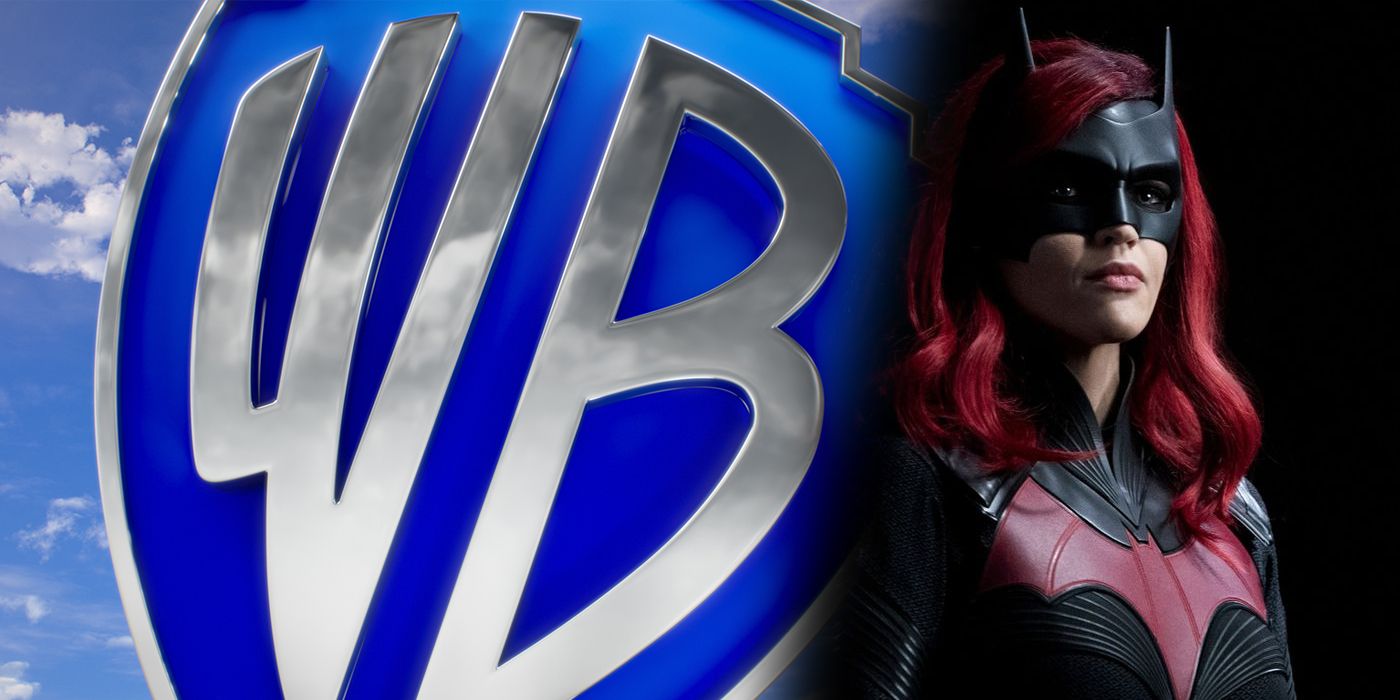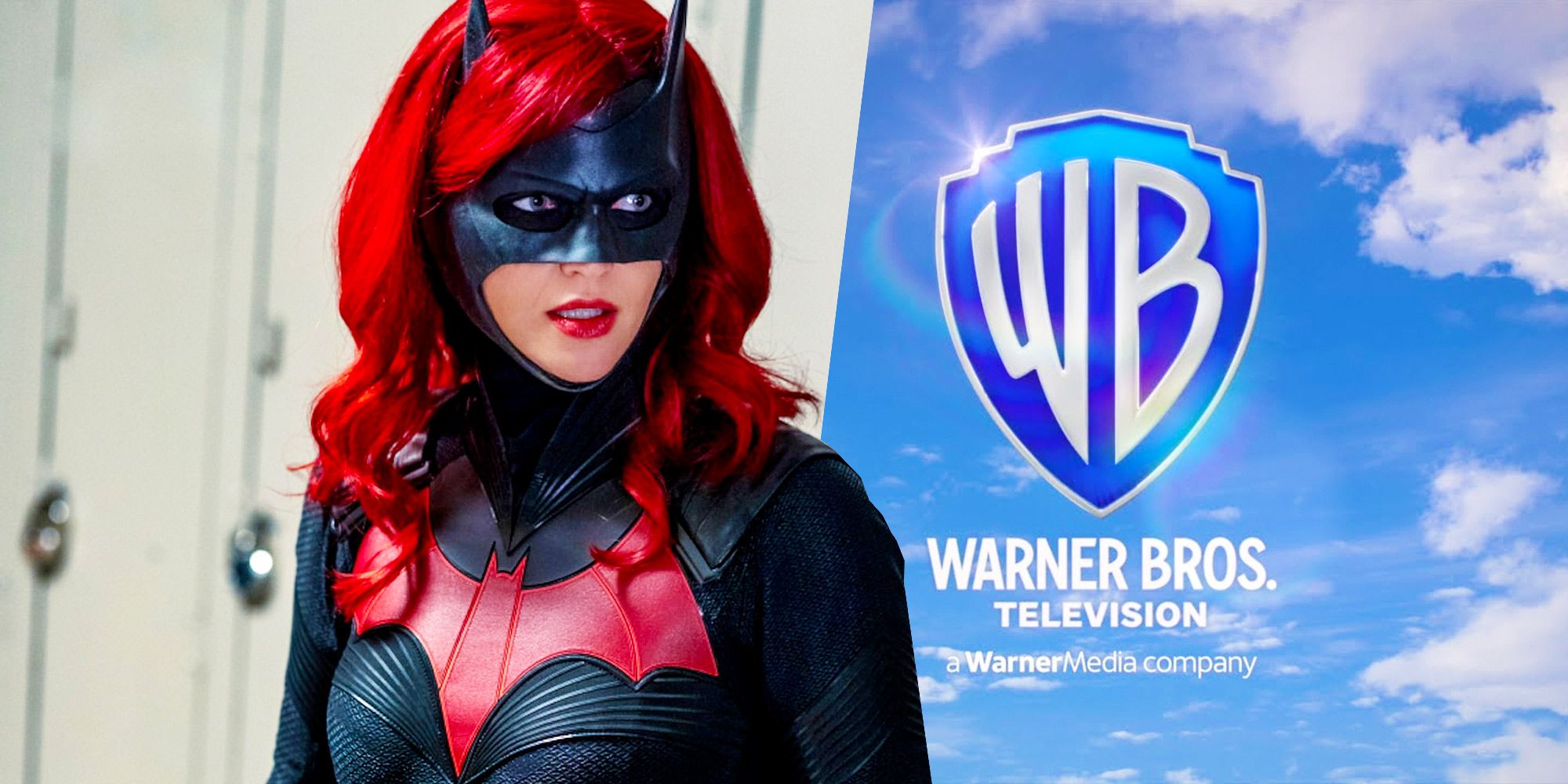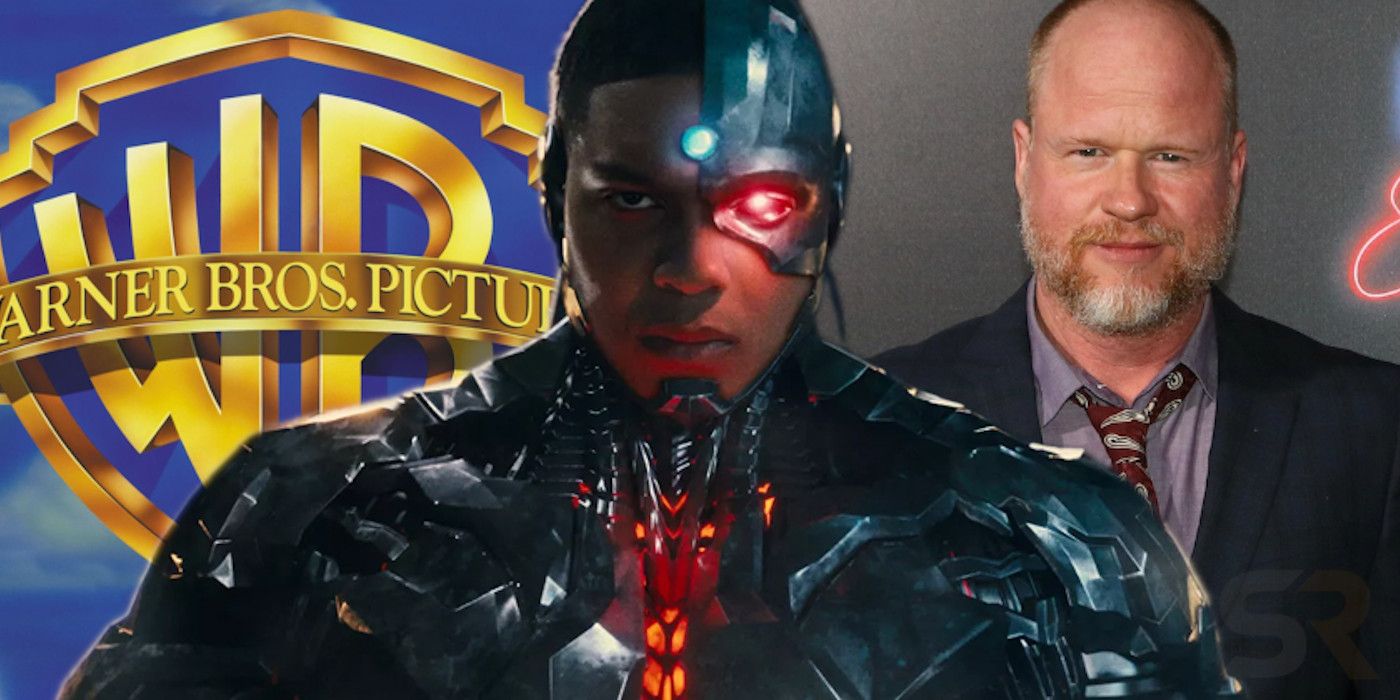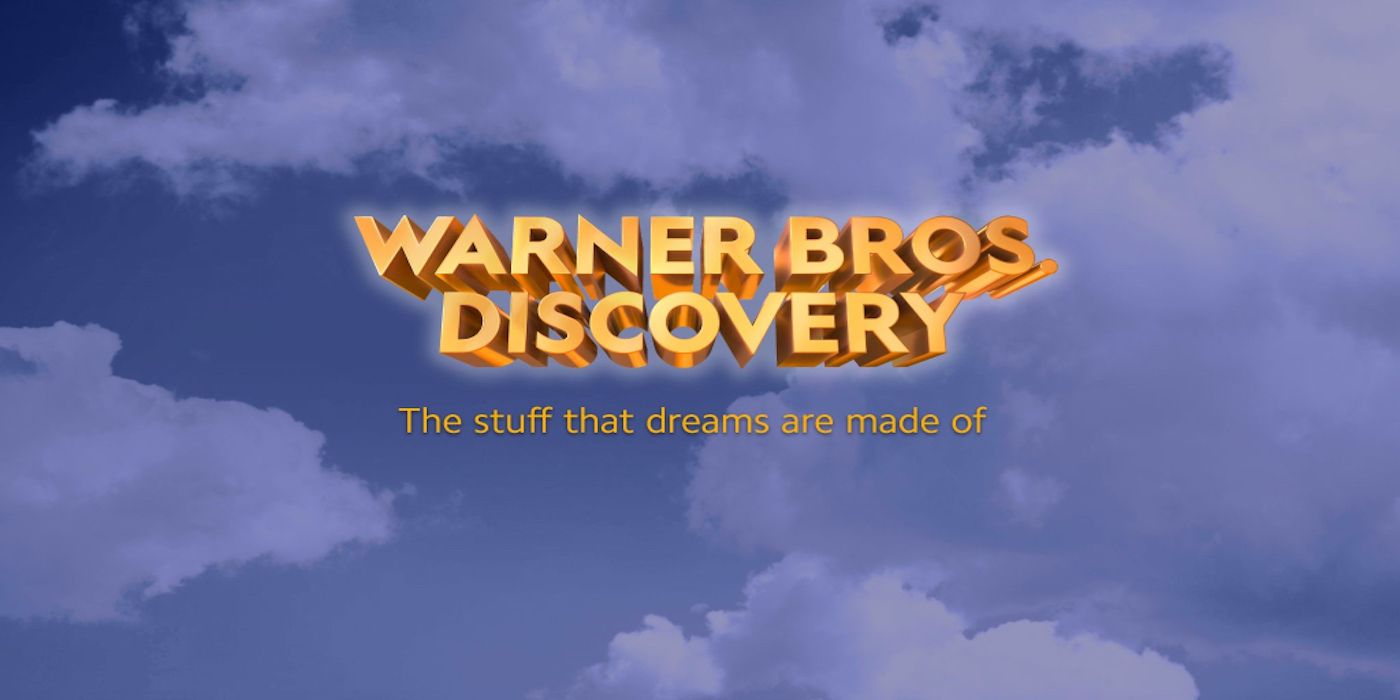
Ruby Rose recently spoke out on their experience as the star of the CW's Batwoman, becoming the newest high-profile case of alleged workplace toxicity at Warner Bros. Rose starred as Batwoman for the first season before being replaced, and their new claims detailed complaints about on-set safety, behavior from executives, and more. Despite claims against Rose's credibility, including former castmates publicly siding with the studio, it's still an unfortunate contribution to a pattern of culture issues at WarnerMedia and its subsidiaries.
Hollywood is full of conflict over the treatment of cast and crew, from the #MeToo movement to Scarlet Johansson's recent lawsuit against Disney to the recent near-strike from the IATSE over working conditions. The recent tragic shooting death on Alec Baldwin's Rust gives another frightening glimpse of how poor conditions can be for some in the industry. Unfortunately, it seems a number of high-profile complaints of workplace toxicity and safety have come from WarnerMedia, and the company's process for handling these situations leaves a lot to be desired.
There's always debate in the public discourse surrounding these accusations, primarily focusing on whether the claims are true or not, but eventually, the mere presence of repeated claims becomes an issue of its own. When this happens, the questions start to shift from "are they telling the truth" to "why does this keep happening?"

The past few years have seen a number of examples of toxic culture have gained the attention of the public. One of the biggest cases came with former Warner Bros. CEO Kevin Tsujihara being exposed for trading roles to an actress, Charlotte Kirk, in exchange for sex. A 2019 expose in The Hollywood Reporter revealed text messages exchanged between Kirk and director/producer Brett Ratner, his partner at RatPac Entertainment James Packer, and Tsujihara showing negotiations for roles and auditions, also confirming Kirk and Tsujihara had a sexual relationship. Shortly after, WarnerMedia CEO John Stankey announced Tsujihara's departure.
Justice League is its own collection of issues, all leading back to Zack Snyder's departure during post-production. Snyder and WB had faced a number of creative conflicts over the course of production, but after experiencing a family tragedy, Snyder stepped down and the studio made sweeping changes to the film in reshoots, during which time a whole new crop of on-set complaints arose.
In May 2021, a BuzzFeed News report cited 10 former employees of The Ellen DeGeneres Show alleging a toxic workplace of "racism, fear, and intimidation." The former employees placed some of the responsibility on DeGeneres herself, but most of the blame was directed at "executive producers and other senior managers." A WarnerMedia investigation into the show led Warner Bros. to issue a statement saying even though“not all of the allegations were corroborated, we are disappointed that the primary findings of the investigation indicated some deficiencies related to the show’s day-to-day management.” Shortly after, multiple producers were fired, and then in May 2021, DeGeneres announced the show's 19th season would be its last.
The most recent case is Ruby Rose. In a series of instagram posts, Rose attacked Warner Bros. over a toxic environment on the set of The CW's Batwoman. In the posts, Rose made accusations against producers, co-star Dougray Scott, and former head of Warner Bros. TV Peter Roth, alleging inappropriate behavior, abusive behavior, and unsafe working conditions, particularly for stunt performers (including theirself, particularly after the surgery to resolve their spinal injury). Warner Bros. Television described Rose's accusations as "revisionist history," claiming Rose was fired due to "multiple complaints about workplace behavior" after an internal probe. Batwoman actor Camrus Johnson also referred to Rose's claims as "a lot of lies." However, it's important to note Rose's complaints reference a factual history of severe injuries on the Batwoman set.
The highlighted claims all cite some similar complaints about toxic culture, but most notably, they aren't all isolated to a particular group of executives, departments, or subsidiaries. From DC Films to Turner Sports to Warner Bros. Television to The CW, executives are continually blamed for either fostering a toxic culture or allowing the toxic culture to exist, with signs of trouble extending all the way to the office of the former CEO of Warner Bros.

Not all of these situations have gone unresolved by Warner Bros.. Gal Gadot says her complaints about Joss Whedon were handled quickly, the investigation into the Ellen DeGeneres show was severe enough to result in the departure of multiple producers and lead (directly or indirectly) to the show ending, and, while not related to toxic workplace complaints, the studio was quick to resolve many of the complaints over the decision to release all their 2021 theatrical films to HBO Max, providing a much quicker and less dramatic resolution than Scarlett Johansson found at Disney. Still, the company's responses in other cases have raised some serious concerns, often making the situation worse.
Ray Fisher's very public struggle with WarnerMedia followed multiple attempts to resolve issues internally, both during and after production, leading him to accuse DC Films president Walter Hamada of attempting to block an investigation. WarnerMedia issued a statement accusing Fisher of refusing to work with investigators, but Fisher provided email transcripts with his team and the Screen Actors Guild stating he did meet with investigators but didn't move forward due to concerns of impartiality since the investigator was handpicked by Warner Bros. instead of a third-party investigator. Eventually, Fisher and WarnerMedia identified an investigator both sides could agree on and WarnerMedia claims "remedial action" was taken in response to the investigation's findings, but Fisher still wasn't satisfied, as the company didn't make any of the findings, or corrective actions, public, and wouldn't apologize to him for using official press releases to publicly undermine his credibility by accusing him of being uncooperative or apologize to any of the cast and crew involved in the investigation, specifically calling out Walter Hamada.
Due to WarnerMedia's refusal to be more transparent with the investigation's findings, Fisher has said he won't participate in any productions Walter Hamada is involved in unless he issues an apology to the participants in the Justice League investigation. In response, Warner Bros. removed Fisher from The Flash, using Fisher's statement to claim he left the project himself, even though Fisher says no formal resignation was given. Whether or not Fisher was fired as retaliation, WB removing him without him providing a formal resignation invites accusations that it was retaliation and once again muddies the water on what actually happened. At the end of the day, much of this could have been avoided if Warner Bros. and Walter Hamada took Fisher seriously from the beginning before he went public, nearly two years after Justice League was released, after multiple attempts by Fisher to launch an investigation. Accusing him of being uncooperative, true or not, is also an unnecessarily aggressive move, especially while simultaneously refusing to provide more transparency over the results of the investigation, which could either corroborate or disprove Fisher's claims. On top of that, Fisher's request for an official apology from Hamada doesn't sound like a complicated request to accommodate, especially considering WarnerMedia already acknowledged some level of wrongdoing by saying "remedial action" had been taken following the investigation.
The reaction to Ruby Rose is equally concerning. For a multi-billion dollar company to issue a statement accusing Rose of "revisionist history" leans more towards personal attack than a measured PR response, and if Warner Bros. has the documentation to prove their claims that Rose was the one responsible for unacceptable on-set behavior, a little transparency into that process would provide a much cleaner response. Also, even if Rose was a problem on the Batwoman set, that doesn't mean everyone else is innocent of contributing to a problem culture, or that the (known) on-set safety issues aren't also a problem. WB's response only makes the circumstance more concerning, especially because it collectively dismisses Rose's claims as "revisionist history" when some of them surrounded already confirmed cases of injury on the Batwoman set.
Fisher and Rose also both made similar claims of being forced to parrot a narrative for the studio whitewashing the narrative both actors would later try to contradict. Rose was asked to make a video announcing their withdrawal from their planned Comic-Con appearance when it was the show's producers who refused to alter the schedule to allow attendance. Even more troubling, while Ray Fisher was going through his on-set troubles during Justice League reshoots, he says he was given a script praising Whedon and the reshoot process - a statement that would later be used against him after he made his complaints public. Actors lie all the time for studios, usually in cases of actors denying they were cast in secretive roles or to protect spoilers, but asking Fisher to publicly praise an environment he was already combatting behind the scenes doesn't look good. In a form of protest, Fisher marked his entrance to Comic-Con by tearing open his t-shirt to reveal an "I heart Zack Snyder" shirt.

While much of the narrative surrounding these cases will focus on whether or not the particular allegations are accurate, a focus WarnerMedia's responses have encouraged, the specific details and individual accounts of what happened aren't the (whole) problem here. While Hollywood as a whole isn't regarded as the most wholesome place in the world, the disproportionate number of claims against WarnerMedia are a major red flag. Whether they're true or false, why is this a pattern across , and why are they always so counter-productive in their defense? In Fisher's case, an interview with The Hollywood Reporter revealed WarnerMedia's head of communications was "furious" at the response attacking his credibility, telling Fisher it was based on "third hand" information and the department was “responding emotionally.” Afterward, she made it "100 percent crystal clear to everyone in the entire Warner Bros. communications organization that not a goddamn word can be said about Ray Fisher.”
Both Ruby Rose and Ray Fisher named specific names and events in their complaints, and Warner Bros.' response has been to simply claim they're lying without offering any additional information for the public to evaluate. Ray Fisher managed to finally get an investigation underway that met his terms, and Warner Bros. claims they took "remedial action" but hasn't specified what that action was (although Joss Whedon departed his HBO Max show The Nevers around the same time). Fisher's recent complaints haven't been that he disagrees with the findings of the investigation, but that Warner Bros. won't publicize the findings. It's understandable why WB would be resistant to these demands for legal or PR reasons, as even if the findings are in their favor it could negatively impact the business, but withholding the information leaves Fisher out to dry when it's already confirmed to at least partially back up Fisher's claims. This behavior rapidly erodes their credibility when they're the ones accusing Fisher of lying, yet they're refusing to divulge the investigation findings that say so. Especially when it's not an isolated incident.
Any corporate environment is expected to have processes and procedures in place to both prevent and resolve these issues, yet we're seeing repeated claims of employees having harmful experiences, corporate failure to resolve the complaints, the complaints getting reported publicly, and WarnerMedia responding poorly in the press. Whether WarnerMedia is guilty of the inciting incidents or not, these things keep happening under their watch. It's just as much their job to protect themselves against false accusations as it is to resolve real accusations, and based on their behavior with many of these complaints, it's hard to know where the breakdown is occurring.
Big companies like WarnerMedia face a multitude of cases, both frivolous and true, and it may be unreasonable for them to take drastic action to publicly resolve every single one, but if the culture is breeding these complaints and the internal systems aren't finding amicable solutions resulting in these high-profile accusations of toxicity, there's at least one major breakdown in the process, likely more. With the oncoming merger of Discovery and Warner Media, hopefully, the new company will seek to create better safeguards and curate a culture that not only prevents these issues from happening but also properly resolves them when they do.
from ScreenRant - Feed https://ift.tt/3nphI0F


0 Comments